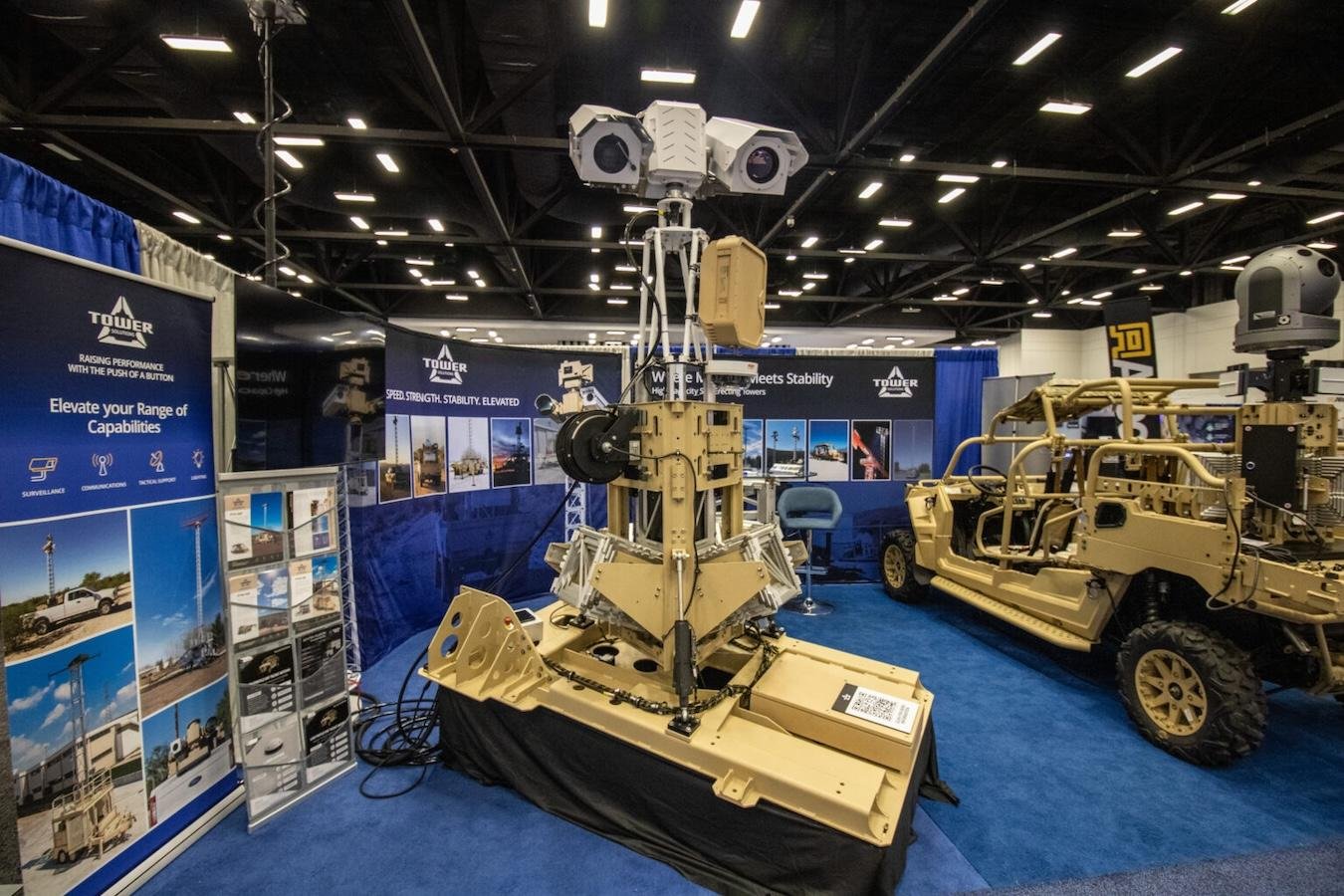border
Tech, Defense & Support Firms Cash In on New ICE Contracts

In early April, the Border Security Expo in Phoenix attracted hundreds of military and tech companies, uniting “government leaders, law enforcement officials, and industry innovators.” During the two-day event, ICE Acting Director Todd Lyons suggested a more business-like approach to operations, stating, “like [Amazon] Prime, but with human beings.” He emphasized that tasks should be outsourced wherever possible, focusing on traditional enforcement functions for agents.
The expo highlights a surge in private sector interest in government contracts, particularly as the Trump administration amplifies funding for ICE to meet deportation targets. A recent House-approved spending bill allocates $175 billion for immigration enforcement—approximately 22 times ICE’s annual budget. This includes funding for detention, transportation, and personnel expansion, with orders to hire an additional 20,000 ICE officers.
Several companies poised to benefit are detailed in a recent report by OpenSecrets. Among these, Palantir Technologies secured a $29.8 million contract to develop ImmigrationOS, a tool designed to manage deportation priorities and tracking. Palantir is expected to deliver a prototype by September 25. This contract adds to nearly $128 million they received last year for related services.
Another major player, Deployed Resources, has garnered more than $4 billion in contracts since 2016 for operating border facilities, including a $3 billion agreement with ICE in 2022. Although a new contract valued at up to $3.8 billion was abruptly canceled, ICE quickly proposed a $5 million contract for unarmed guards at an El Paso facility. ProPublica noted that ICE has used a tent facility run by Deployed Resources since March, originally acquired under a $140 million emergency contract.
Axon Enterprise, recognized for its public safety technologies, also participated in the expo, receiving a $5.1 million contract for body cams. They have supplied ICE with tasers, previously spending $2.6 million on related purchases. Other notable contracts included Parsons Government Services, which has contracts totaling over $8 million for COVID-19 supplies and mobile biometric devices.
Palantir’s lobbying expenditures reached $5.8 million in 2024, with substantial campaign contributions directed at both parties. Meanwhile, Deployed Resources has hired numerous former government officials, enhancing its influence within the industry. Axon and Parsons have also engaged in significant lobbying efforts, reflecting a pattern where private companies leverage political connections to secure lucrative contracts.
The implication of these contracts raises questions about accountability and effectiveness. For instance, a $140 million facility intended for immigrant children in Greensboro has not housed any since its opening, despite substantial expenditures. Similarly, a facility in Tornillo, Texas, was mostly empty, revealing potential inefficiencies in resource allocation.
As the relationship between government and private business continues to evolve, scrutiny grows regarding the practices and influences driving funding decisions. The upcoming months may reveal further developments as these companies navigate the complexities of government contracts and public perception.


















